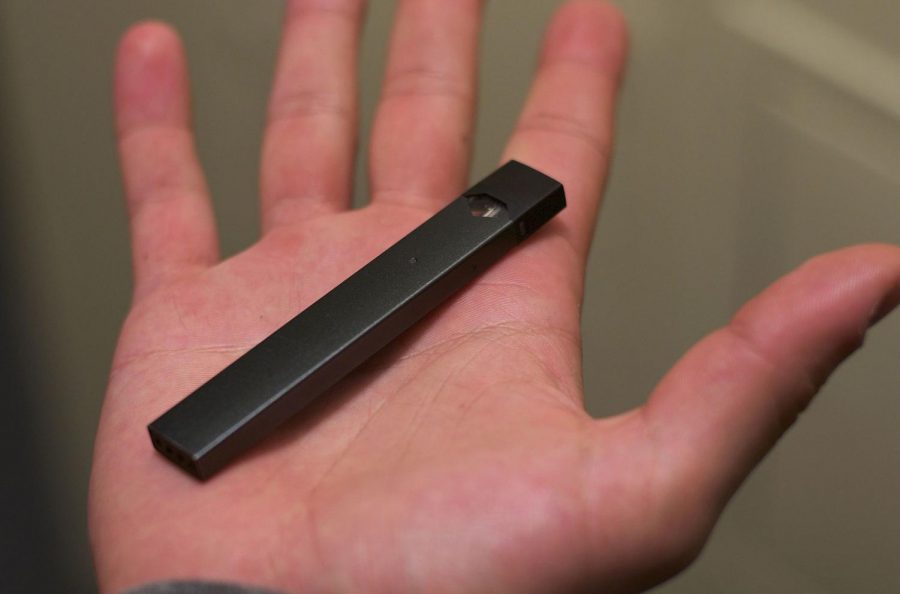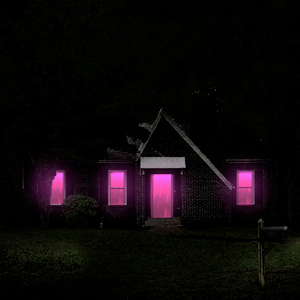Governor attempts to prevent teen addiction to nicotine
Court decision stalls ban of flavored vape products
Credit: Mylesclark96
November 8, 2019
The first documented electronic cigarette dates all the way back to the 1930’s when a man named Joseph Robinson decided to take on the challenge of inventing one. Although the prototype wasn’t manufactured then and there, that did not stop e-cigarettes from being created.
Fast forward almost 90 years later and the abundance in vaping products has exceeded the expectations of many. Since 2016, a rise in vaping began with a product called Juul, a small, compact device that holds a large amount of nicotine. Juul was initially created as an alternative for e-cigarettes, but quickly caught the eye of teenagers.
Just like cigarettes, the health effects and risks of vaping were entirely unknown at first. However, with time, new discoveries have come out that have grabbed the attention of many.
According to NPR, there have been eighthteen deaths related to vaping in the U.S. this year, and that number could grow. With this information at hand, Michigan decided to take the first step in stopping the epidemic from worsening by putting in place a ban on flavored vape products.
In Detroit Free Press it stated that The Michigan Department of Health and Human Services (MDHHS) explained that all tobacco products would still be sold, however, all flavored products will be discontinued. It is said that the ban is not permanent and will last 6 months. After first being announced, it was given approximately 30 days to be put into action.
As expected, the ban got a rise out of not only the people who invest their money in these products, but the companies who are at risk of losing a large portion of their customers. MLive released an article stating the first lawsuit over the ban was filed Wednesday, September 25, 2019.
The lawsuit claims that it is not justified for any state to ban vaping products through emergency rule. It argues that vaping has not reached a true point of concern and that this type of precaution is still deemed unnecessary.
In an update on Detroit Free Press, the vape ban was temporarily halted on October 15, although attempts to do so started October 2. The Michigan Court of Claims states that they are more concerned with the harm done to vape businesses rather than the excessive use in young adults.
So far, there are still a multitude of questions that have no answers, and it’s unfortunate this generation has to be the guinea pigs of vape products. However, in as short as three years, discoveries are starting to come out. It should definitely be in people’s best interest to do a little research on the effects of vaping before picking one up and going down the same path.











